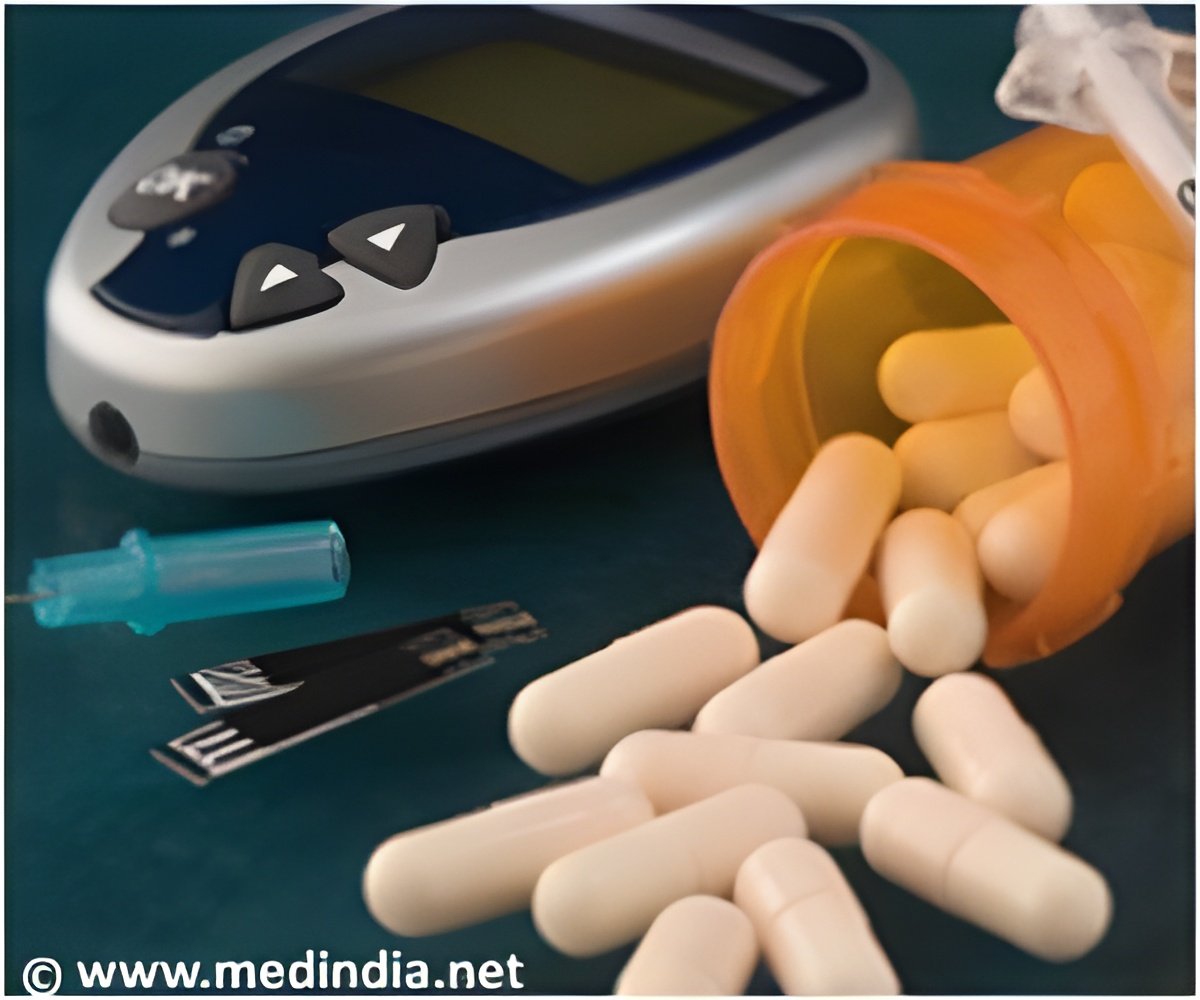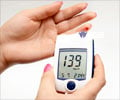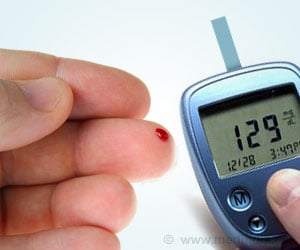Scientists develop a new implantable device that can monitor acid build-up in patients with diabetes as well as produce insulin.

Patients with type 1 diabetes in particular are at risk of high acid levels. Because their bodies do not produce insulin, their cells are unable to absorb any glucose from the blood and have to tap into another energy source: fat reserves. These patients are also in danger of death due to ketoacidosis which is a metabolic shock resulting from an excess of beta-hydroxybutyrate, an acid which supplies the muscles and brain with energy through the bloodstream.
The new implantable molecular device that has been developed by Bioengineers at the ETH Zurich's Department of Biosystems Science and Engineering (D-BSSE) consists of two modules: a sensor that constantly measures blood pH and a gene feedback mechanism that produces the necessary amount of insulin.
Both these modules were constructed from different biological components, such as proteins and genes that had been incorporated into cultivated renal cells. Scientists then embedded millions of these customized cells in capsules, which can be implanted in the body.
The device is fitted with a pH sensor, which measures the precise acidity levels in the blood. If the pH value falls below 7.35, the sensor will send a trigger to produce insulin. A low pH value of 7.35 is a sure sign that the person has type 1 diabetes. Blood pH can also drop due to excessive alcohol consumption or exercise on account of the over-acidification of the muscles, but will not fall below 7.35. Insulin ensures that cells in the body absorb glucose again and switch from fat to sugar as their source of energy for metabolism, as a result of which the pH value rises again.
The implant’s pH sensor automatically turns off as soon as the blood pH value returns to the ideal range and the reprogrammed cells stop producing insulin.
Commenting on the new study, lead researcher Martin Fussenegger says, “Applications for humans are conceivable based on this prototype, but they are yet to be developed. We wanted to create a prototype first to see whether molecular prostheses could even be used for such fine adjustments to metabolic processes."
Source-Medindia
 MEDINDIA
MEDINDIA




 Email
Email










